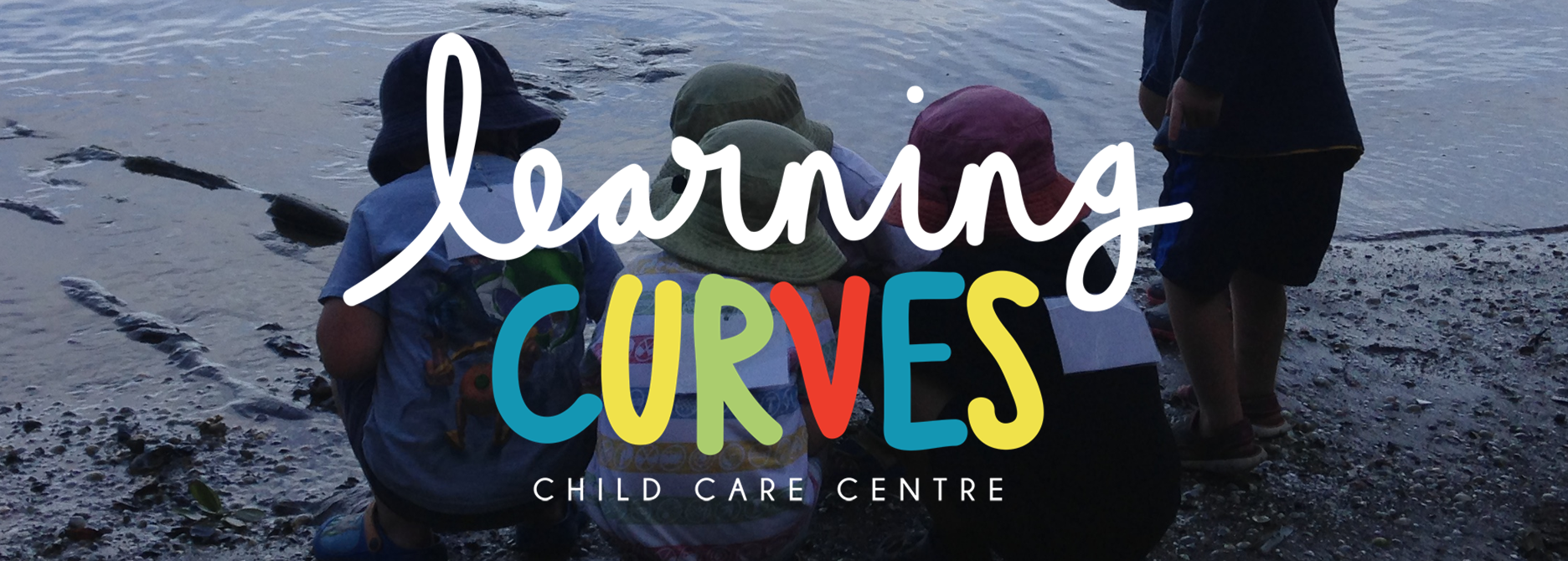By Dr Sarah Alexander.
Getting your child ready for school does not involve lots of structured activity and formal teaching. An earlier start to school is not necessarily better than delaying for a few months or a year – see what is a good age to start school. The best time to start is when you feel your child will be best able to cope and flourish.
So, what can parents and caregivers do to help their pre-schooler develop the abilities, attitudes and knowledge to be successful in adjusting to school life and doing well during the first 12 months?
At the Office of ECE we researched this question by talking with parents and new entrant teachers. We also drew on our team’s understandings of child development. This led to the development of a list of seven essential skills for being ready for school-level education.
The secret to later educational success is to give your child a rich variety of experiences e.g. trips to see different things, meeting different people, and trying new things. Make sure you provide lots of language and play opportunities too.
The OECE’s recommended “7 Essential Skills” and suggestions for ways to help your child be ready for school are as follows.
Knowledge of the environment and the world
Give children lots of varied experiences. Get out and about, visit different places, travel on different vehicles (e.g. paddle-boat, bike, bus, train), talk with different people, see and try different things.
Self-help skills
Support children to learn to dress and undress themselves, go to the bathroom and wash their hands unassisted and without being reminded, tidy-up after play, and hang up and fold their clothes.
Listening skills
Talk with children about things and focus children’s attention on what they are seeing and hearing. Don’t forget to read to children on a regular basis.
Curiosity and questioning skills
Respond to children’s questions and invite children to ask questions. Share in your children’s curiosity by discovering answers and new information together.
Fine motor and coordination skills
Give children lots of opportunity to build their hand muscles by providing drawing and cutting activities, puzzles, water pouring, play-dough and clay, threading large beads and hammering activities, etc.
Independence and responsibility
Foster independence by arranging for children to visit their friends and extended family members. Perhaps if possible to stay for a short time without you (their parent or caregiver).
Also notice and praise when children do something that shows independence (e.g. gets their own coat when it’s time to go out). Let children hold and take care of their own bus ticket, decide what lunch they will have, or create other safe opportunities for children to practise being independent and exercising self-responsibility.
Academic knowledge
Bring in academic knowledge within everyday activities and also in the context of supporting children’s own interests. For example an interest in the superhero Spiderman can lead to you looking together at learning about how spiders make their webs.
Interest your child in seeing the basic shapes in letters and numbers and noticing how shapes are different. Point out and discuss road, shop and other signs and letter box numbers while walking, driving and shopping together. Notice the different sizes of coins and that coins have different value amounts/numbers.
Lots of early academic knowledge along with learning of different concepts can be developed simply through participation in everyday activities and discussions with peers, older children and adults – and exposure to information through books and other sources.
Getting ready for school entry

Several months before your child is due to start school, make an appointment to talk with the new entrant teacher. You may do this or by phone – or even better ask if you can visit with your child.
Ask the new entrant teacher what they like children to have competency in doing. Classrooms differ, teachers differ and so teachers’ expectations can differ. Asking this question of the new entrant teacher is a good way of getting some understanding of what the teacher’s particular teaching approach might be so you can support your child to make the transition to the teacher’s particular approach and expectations.
Another thing to ask about is the procedure the school uses for admitting new students. Also ask how many familiarisation visits are allowed and when your child can start staying for mornings/ afternoons to learn about school and get used to the new environment.
As a parent you might like to read about parents’ views on starting school and what can help to make this big transition less painful and happy.
Good luck and best wishes in getting ready for school!
Source: https://oece.nz/public/information/childcare-choices/ready-for-school
